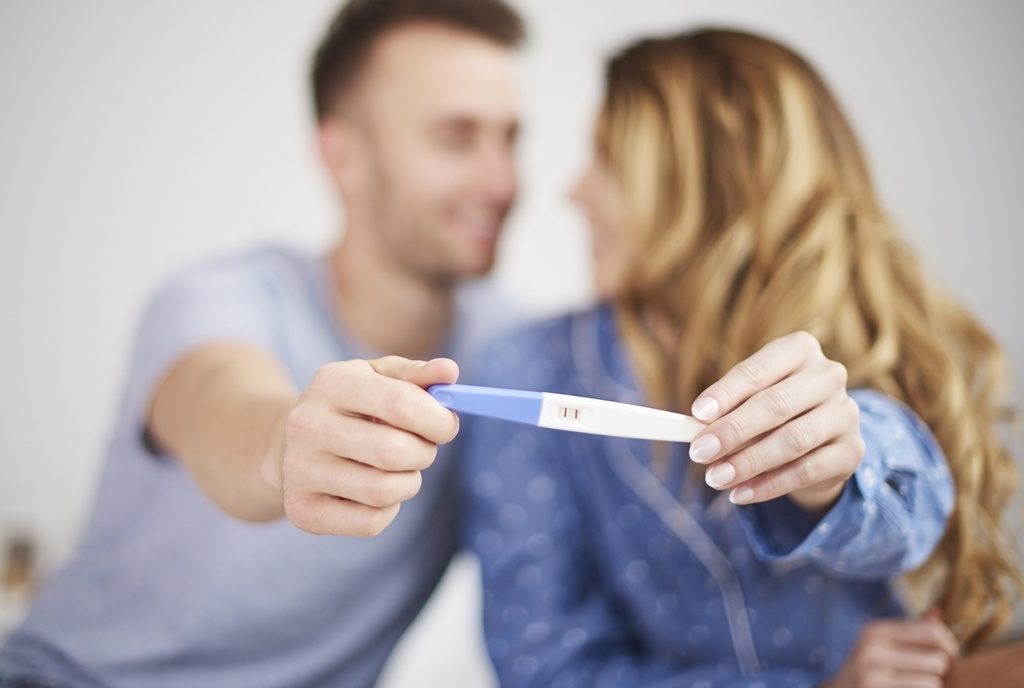With the advancing age, human body encounters several changes. Just like a teenage girl faces menstruation, problems of pimples, mood swings and what not. Similarly, boys also face certain changes as soon as they attain puberty. Every age has its own concerns. The case characters may change when we talk about men or women attaining the age of 35 or more.
In the late 30s, many changes take place in a woman’s body that can affect the natural conceiving process or can lead to miscarriages. For a woman under the age of 30, chances of successful pregnancy are considerably high while it is low for the woman above 40 years old. For those who don’t conceive naturally, doctors suggest IVF (In Vitro Fertilization) or Assisted Reproduction Technology. Many times it is noticed that IVF too has high failure rates when the technique is applied to the couple with age of 35 or more. These couples have to go through repetitive IVF failures before achieving a successful one.
The failure of IVF implantation is dependent on various factors, starting with the window of implantation (WOI) being one amongst of the most critical. This endometrial receptivity takes place in a limited window of time, between the 19th and 21st day of the regular menstrual cycle, which is known as the “Window of Implantation”. If the implantation is not carried out within this window the possibilities of implantation failures increases considerably. Statistics says 25% of the IVF implantations are carried out in the wrong WOI.
Before starting an assisted reproduction treatment, the Endometrial Receptivity Analysis (ERA) by IGENOMIX can identify if the patient will need a personalized window of implantation. The ERA test is used to assess endometrial status. The result from the test determines if a woman’s endometrium is receptive or not on the day and in the kind of cycle when the biopsy was performed. This test is recommended for patients with an apparently normal uterus and with normal endometrial thickness (≤6mm), in which no problems are apparent.
A failed IVF cycle comes with a lot of physical and emotional agony. Another crucial factor that can lead to a failure is the quality of the embryo. In late pregnancies, due to the quality of egg or sperm, the embryo may carry chromosomal abnormalities which may cause a failed IVF cycle. IGENOMIX’s Preimplantation Genetic Screening (PGS) and MitoScore enables pregnancy rate by 70-80% by a single embryo transfer. PGS uses the latest next generation sequencing (NGS) technology to screen the embryos of the most common chromosomal abnormalities, hence increasing the chances of conception by 60% through IVF.



